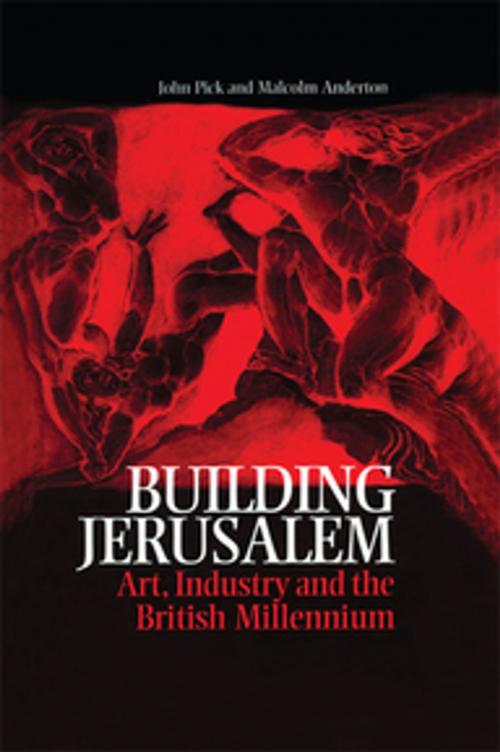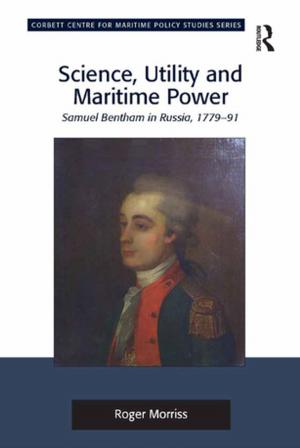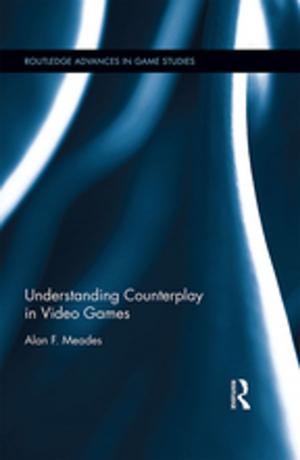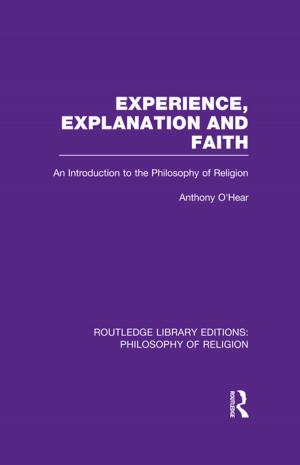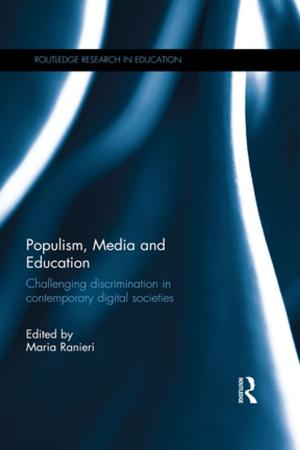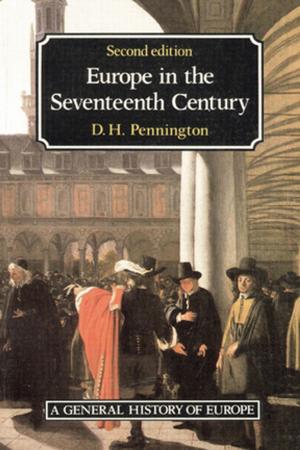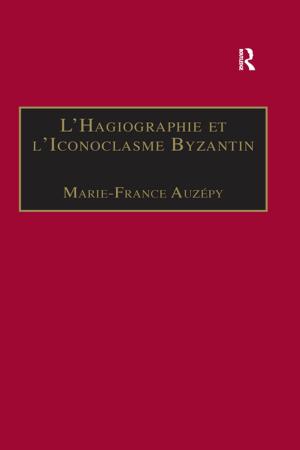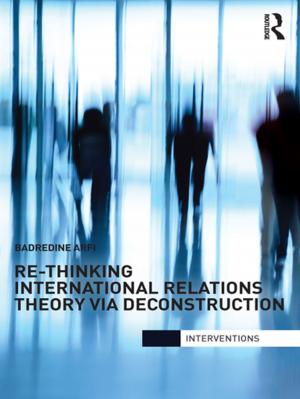Building Jerusalem
Art, Industry and the British Millennium
Nonfiction, Art & Architecture, General Art, Art History, Social & Cultural Studies, Social Science| Author: | John Pick | ISBN: | 9781134414499 |
| Publisher: | Taylor and Francis | Publication: | November 26, 2013 |
| Imprint: | Routledge | Language: | English |
| Author: | John Pick |
| ISBN: | 9781134414499 |
| Publisher: | Taylor and Francis |
| Publication: | November 26, 2013 |
| Imprint: | Routledge |
| Language: | English |
A lively and provocative account of the arts in Britain, Building Jerusalem suggests that even after fifty years of state planning of Britain's "leisure industries" the country is nevertheless approaching the millennium in a state of cultural confusion. Drawing on a wealth of historical material from Scotland, Wales, and English provincial towns, as well as the more familiar London story, Pick and Anderton contend that the original meaning of cultural language has been distorted by the fashionable phrase-making of modern government agencies, and by the inaccurate and misleading view of cultural history that is constantly presented to the public.
The authors unfold fascinating stories of Britain's cultural past, before state support of the arts. They vividly relate the great changes wrought by the industrial revolution and by the development of the twentieth century media and describe the long history of Church and Royal support for the arts, as well as the long periods when all of the arts
A lively and provocative account of the arts in Britain, Building Jerusalem suggests that even after fifty years of state planning of Britain's "leisure industries" the country is nevertheless approaching the millennium in a state of cultural confusion. Drawing on a wealth of historical material from Scotland, Wales, and English provincial towns, as well as the more familiar London story, Pick and Anderton contend that the original meaning of cultural language has been distorted by the fashionable phrase-making of modern government agencies, and by the inaccurate and misleading view of cultural history that is constantly presented to the public.
The authors unfold fascinating stories of Britain's cultural past, before state support of the arts. They vividly relate the great changes wrought by the industrial revolution and by the development of the twentieth century media and describe the long history of Church and Royal support for the arts, as well as the long periods when all of the arts
